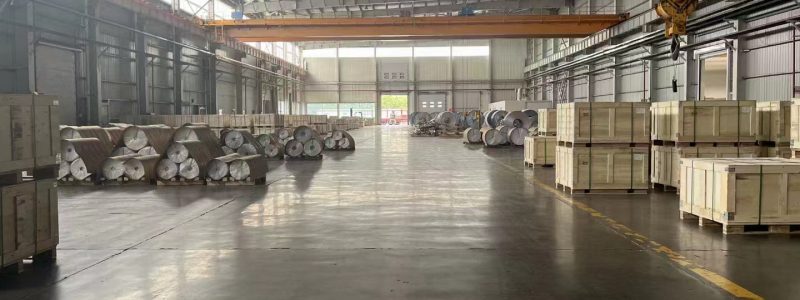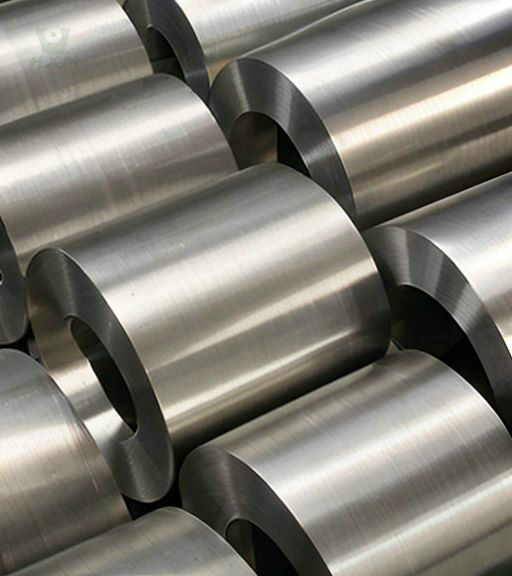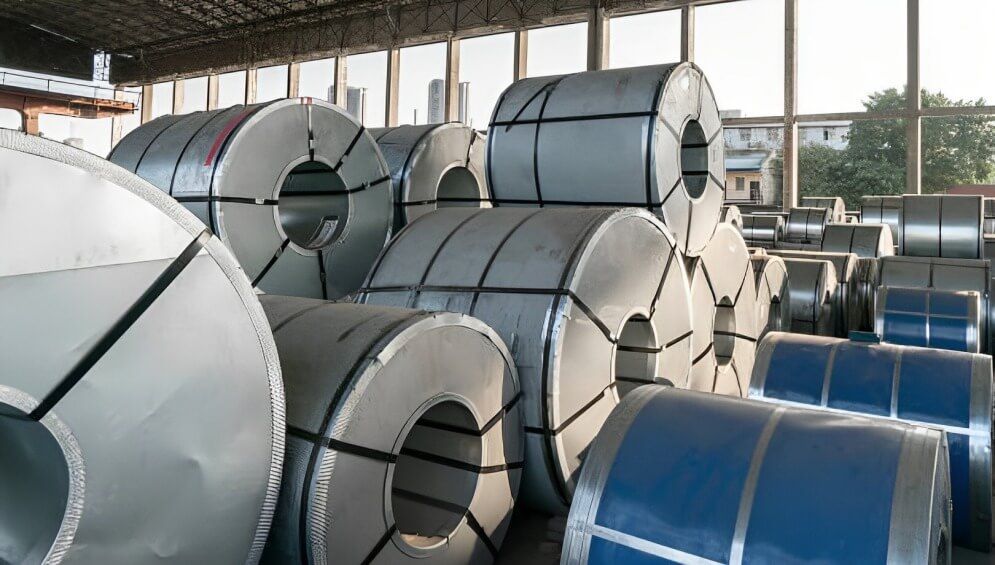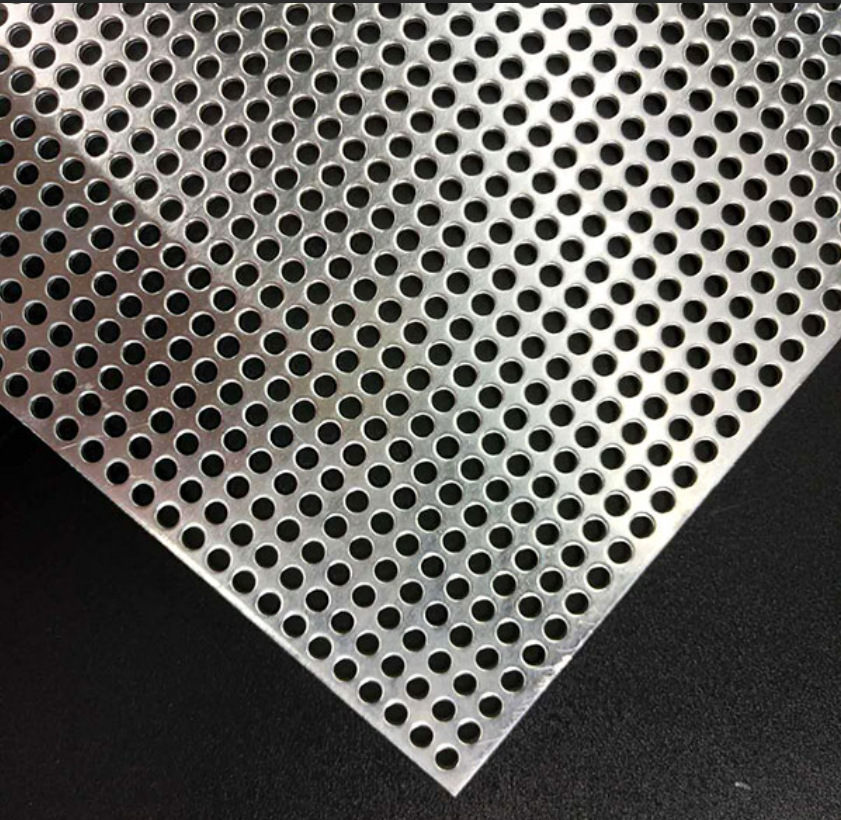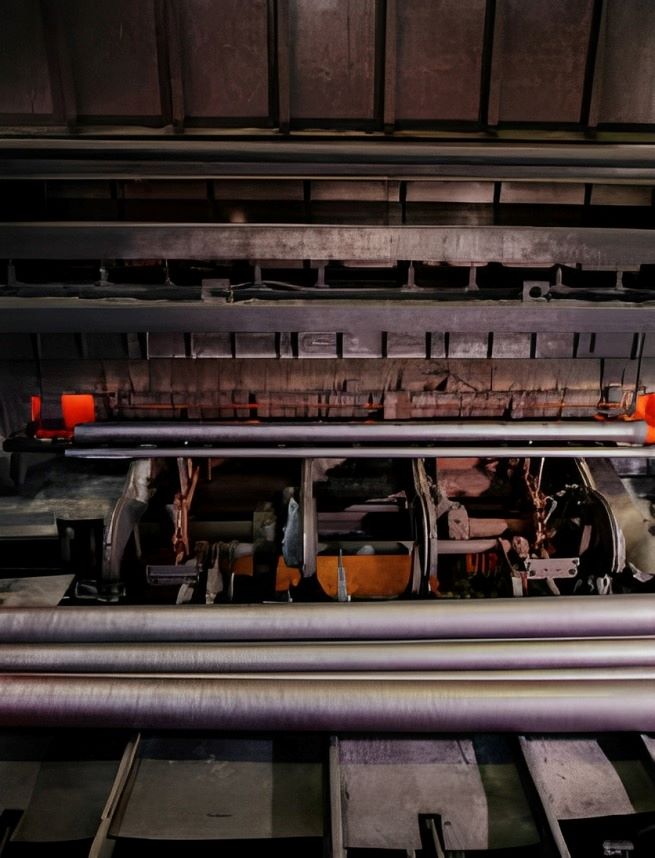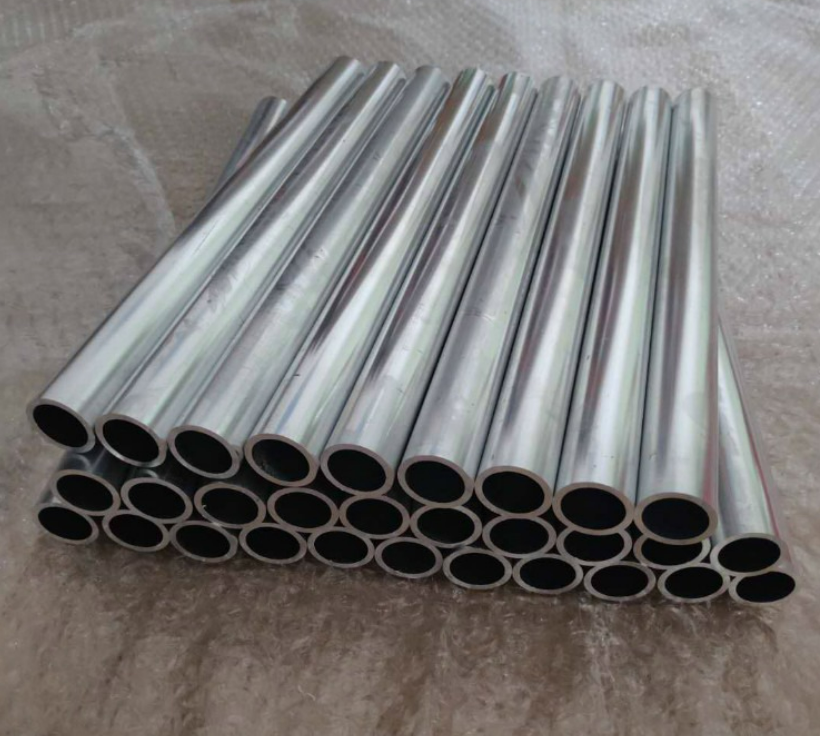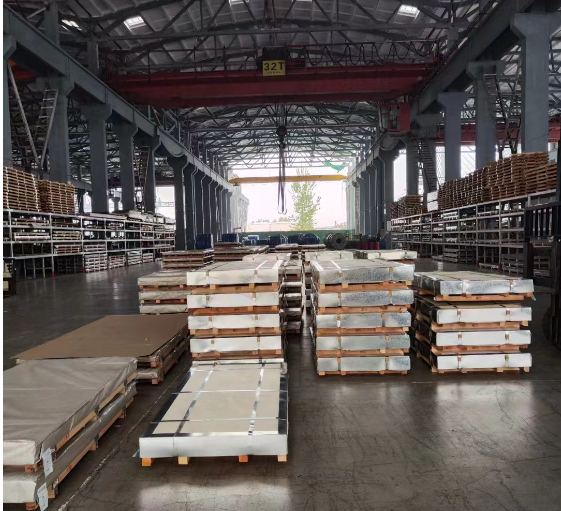What is alloy steel?-Composition, Types, Applications
Alloy steel is a type of steel that includes various elements in addition to iron and carbon to improve its mechanical properties. These additional elements, which can include chromium, nickel, manganese, silicon, and others, are added in specific proportions to achieve desired physical and mechanical characteristics. Alloy steel is known for its enhanced hardness, strength, toughness, and resistance to wear and corrosion. Alloy steel is a vital material used across a wide range of industries due to its versatile properties.
Composition of Alloy Steel
Alloy steel typically contains carbon as a primary element, but what distinguishes it from regular carbon steel are the added alloying elements. These elements, such as manganese, silicon, nickel, titanium, copper, chromium, and aluminum, are introduced to achieve specific properties. For example, chromium is added to increase corrosion resistance, while nickel enhances toughness and strength at low temperatures.
Types of Alloy Steel
There are two main categories of alloy steel: low-alloy steel and high-alloy steel. Low-alloy steels contain less than 5% of alloying elements, while high-alloy steels contain more than 5%. Each type of alloy steel serves different purposes and offers distinct advantages.
Properties of Alloy Steel
Alloy steel’s properties vary significantly depending on its composition and heat treatment. Some of the common properties include:
- Strength and Hardness: Alloy steel is generally stronger and harder than plain carbon steel. The addition of elements like chromium and molybdenum enhances these properties.
- Toughness: The presence of nickel and manganese can improve the toughness of alloy steel, making it less prone to brittle failure.
- Corrosion Resistance: Alloy steel can be highly resistant to corrosion, particularly when elements like chromium are added. This makes it suitable for harsh environments.
- Wear Resistance: Certain alloying elements, such as tungsten and vanadium, improve the wear resistance of steel, making it ideal for tools and machinery.
Applications of Alloy Steel
The diverse properties of alloy steel make it suitable for a wide range of applications across various industries:
- Automotive Industry: Alloy steel is used in the manufacture of gears, crankshafts, axles, and other critical automotive components due to its strength and durability.
- Construction Industry: Alloy steel’s high strength and toughness make it ideal for structural components in buildings, bridges, and other infrastructure projects.
- Aerospace Industry: In aerospace applications, alloy steel is used in the production of aircraft landing gear, engine components, and other critical parts that require high strength and resistance to extreme conditions.
- Oil and Gas Industry: The corrosion resistance of alloy steel makes it suitable for use in pipelines, drilling rigs, and other equipment exposed to harsh environments.
- Tool and Die Industry: Alloy steel is widely used in the manufacture of cutting tools, dies, and molds due to its wear resistance and ability to retain hardness at high temperatures.
Heat Treatment of Alloy Steel
Heat treatment processes such as annealing, quenching, and tempering play a crucial role in developing the properties of alloy steel. These processes alter the microstructure of the steel to achieve desired mechanical properties:
- Annealing: This process involves heating the steel to a specific temperature and then cooling it slowly. Annealing softens the steel, improves ductility, and relieves internal stresses.
- Quenching: Quenching involves rapidly cooling the heated steel in water, oil, or air. This process increases hardness and strength but can also make the steel more brittle.
- Tempering: Tempering follows quenching and involves reheating the steel to a lower temperature and then cooling it. This process reduces brittleness while maintaining hardness and strength.
Advantages of Alloy Steel
Alloy steel offers several advantages over plain carbon steel, including:
- Enhanced Mechanical Properties: The addition of alloying elements significantly improves the strength, hardness, toughness, and wear resistance of steel.
- Improved Corrosion Resistance: Alloy steel can resist corrosion better than plain carbon steel, making it suitable for use in corrosive environments.
- Versatility: The wide range of properties achievable through different alloying elements and heat treatments makes alloy steel a versatile material for various applications.
Challenges with Alloy Steel
Despite its numerous advantages, alloy steel also presents some challenges:
- Cost: Alloy steel can be more expensive than plain carbon steel due to the cost of alloying elements and the complexity of manufacturing processes.
- Complex Heat Treatment: Achieving the desired properties in alloy steel often requires precise and controlled heat treatment processes, which can be time-consuming and require specialized equipment.
- Machinability: Some alloy steels, especially those with high hardness and strength, can be difficult to machine and require specialized tools and techniques.
learn more: Industry News>
Factory SS coils, bars, sheets, pipes, strips, wires…Get a quote>
more products <Steel Products >
Contact Huaxiao Metal
Stainless Steel Manufacturer
As technology advances, the development of new alloying elements and heat treatment processes continues to enhance the properties and applications of alloy steel. Emerging trends include:
- Nanostructured Alloys: Research into nanostructured alloys aims to create steel with ultra-high strength and toughness by manipulating its microstructure at the nanoscale.
- Sustainable Manufacturing: Efforts to reduce the environmental impact of steel production are driving the development of more sustainable manufacturing processes and the use of recycled materials.
- Advanced Coatings: The application of advanced coatings to alloy steel can further enhance its corrosion and wear resistance, extending its lifespan and performance in demanding environments.
What Temperature is Required to Harden Alloy Steel?
The temperature required to harden alloy steel typically ranges from 800°C to 900°C (1472°F to 1652°F), depending on the specific composition of the steel. During the hardening process, the steel is heated to this austenitizing temperature, where it transforms to austenite. It is then rapidly cooled, or quenched, in water, oil, or air. This rapid cooling transforms the austenite into martensite, a much harder and more brittle structure. The exact temperature and cooling method can vary based on the alloying elements present in the steel and the desired properties of the final product.
Alloy steel is a crucial material in modern industry, offering enhanced mechanical properties, corrosion resistance, and versatility compared to plain carbon steel. Its diverse applications range from automotive and aerospace to construction and tooling. While the production and treatment of alloy steel can be complex and costly, the benefits it provides make it an invaluable resource in various fields. As research and technology continue to advance, alloy steel will likely see even greater improvements and broader applications in the future.
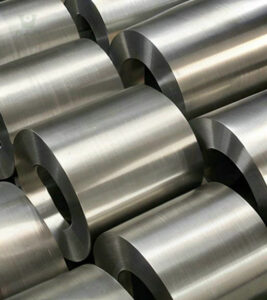
Duplex Steel 2205 Coils: Understanding the Applications and Uses
Duplex Steel 2205 Coils: Understanding the Applications and Uses Duplex Steel 2205 Coils Duplex Steel 2205 coils are widely used duplex stainless steel alloy known
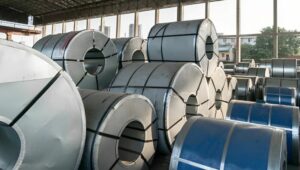
What Are Steel Coils Used For ?
What are steel coils used for? stainless steel coils supplier in China Steel has been at the core of industrial development for centuries, and steel coils play
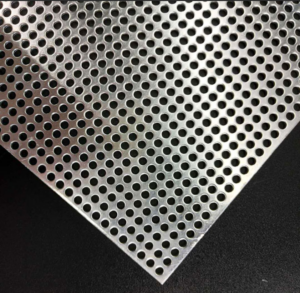
Top 10 Applications of Perforated Metal in Architectural Projects
Top 10 Applications of Perforated Metal in Architectural Projects perforated metal (stainless steel sheet) Perforated metal has long been a staple in industrial design, but
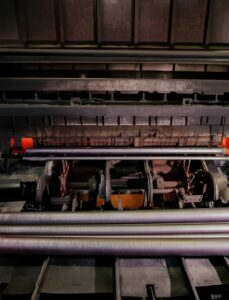
Guide to Stainless Steel Pipe Rolling: Process, Benefits, and Applications
Guide to Stainless Steel Pipe Rolling: Process, Benefits, and Applications stainless steel pipe What is Stainless steel pipe rolling? Stainless steel pipe rolling is a
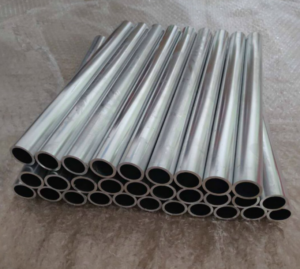
How Are Stainless Steel Welded Tubes Made?
How Are Stainless Steel Welded Tubes Made? stainless steel welded tubes Stainless steel welded tubes are a vital component in various industries, including construction, automotive,
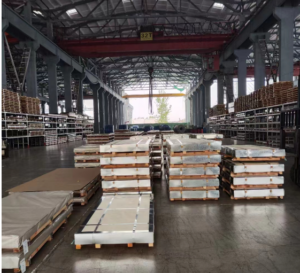
Comparing Stainless Steel Sheets: 409 vs. 410 vs. 410S vs. 420 vs. 430 vs. 440 vs. 446
Comparing Stainless Steel Sheets: 409 vs. 410 vs. 410S vs. 420 vs. 430 vs. 440 vs. 446 Each stainless steel sheet has its own unique


